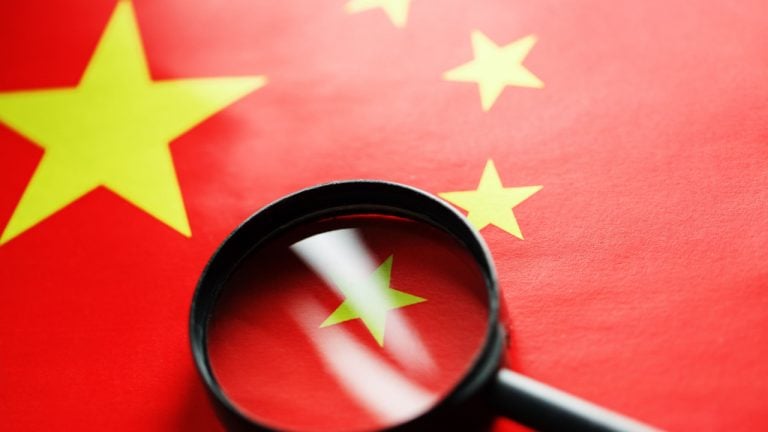
As part of its ongoing efforts to modernize financial regulations, China is revising its Anti-Money Laundering laws to include stringent measures against cryptocurrency-related transactions. This revision, the first since 2007, aims to plug the legal gaps exploited in the burgeoning world of digital currencies.
China to Tighten Grip on Digital Assets With Revised Anti-Money Laundering Law
China is set to overhaul its Anti-Money Laundering (AML) laws, incorporating cryptocurrency-related transactions into its regulatory framework. This major revision, according to an article in Jiemian.com, is the first since 2007 and comes amid increasing concerns over the use of digital assets in money laundering activities.
Prime Minister Li Qiang chaired a key executive meeting of the State Council on Jan. 22, to address the revised AML law. The initial draft for this revision was first proposed in June 2021 and later included in the 2023 legislative work plan of the State Council. The final law is expected to be enacted by 2025.
This comprehensive amendment is a response to the evolving nature of financial crimes, especially with the advent of virtual currencies. Wang Xin, a professor at Peking University Law School and an expert in the discussion of the Amendment Draft, emphasized the pressing need to address the legal challenges posed by cryptocurrency in money laundering. He noted that while the revised draft targets digital asset money laundering, there is an apparent disconnect due to the absence of detailed operational guidance on issues such as seizure and freezing of assets linked to these crimes.
China’s stance on cryptocurrency has been stringent. In 2021, the country imposed a sweeping ban on cryptocurrency use, shutting down offshore exchanges and halting all forms of mining activities. Despite these measures, advancements in technology and the decentralized nature of cryptocurrencies have allowed users on the mainland to continue accessing crypto markets, presenting substantial money laundering risks. The upcoming amendment aim to introduce stricter regulations to curb such activities effectively.
China’s revised AML regulations represent a part of its broader efforts to tackle financial crimes. The amendment aims to broaden regulatory oversight to include specific non-financial institutions, aligning with international standards established by organizations such as the Financial Action Task Force (FATF). This expansion is vital, as explained by Wang Xin, for effectively monitoring and controlling various forms of money laundering, thereby fulfilling China’s commitments to international anti-money laundering frameworks. Additionally, the amendment is expected to refine the definitions, obligations, jurisdiction rules, and penalties under the AML laws.
These legal changes also intend to demonstrate China’s commitment to strengthen its financial regulatory systems, involving key authorities like the People’s Bank of China in the process. This effort is seen as a strategic step to boost China’s standing as a responsible international actor and enhance its influence in global financial regulation, which could aid in attracting foreign investment and preventing capital flight.
However, experts such as Wang Xin and Yan Lixin, the Executive Director of the Anti-Money Laundering Research Center at Fudan University, emphasize the need for further enhancements. They advocate for improvements in judicial relief mechanisms and the establishment of a comprehensive financial intelligence network, which are crucial for the effective enforcement of AML laws and for safeguarding citizens’ rights and interests.
Will this update to China’s AML regulations be a net positive for Chinese citizens? Share your thoughts and opinions about this subject in the comments section below.
from Bitcoin News https://ift.tt/tQoxLaW
https://ift.tt/PMvQSiA


0 Comments